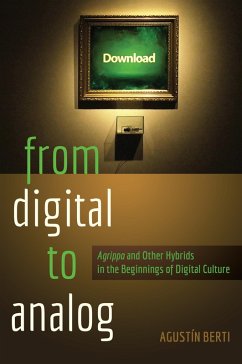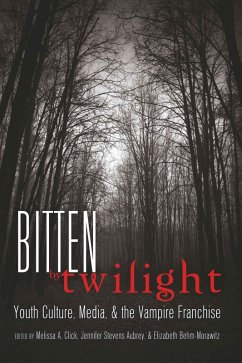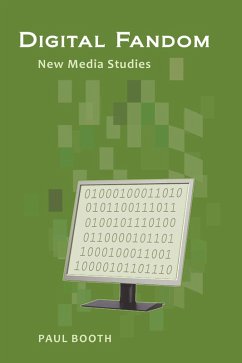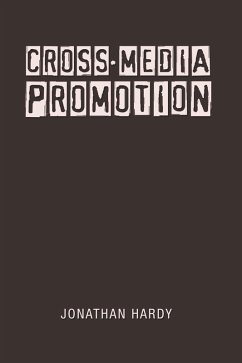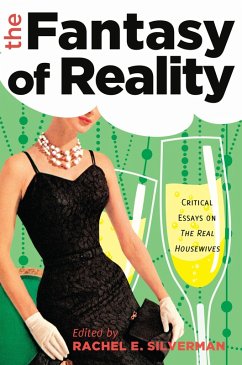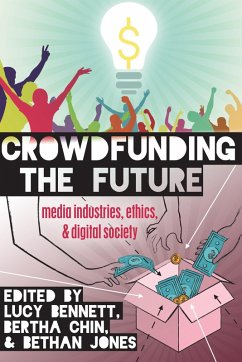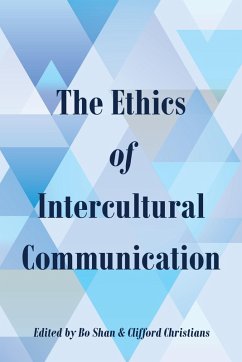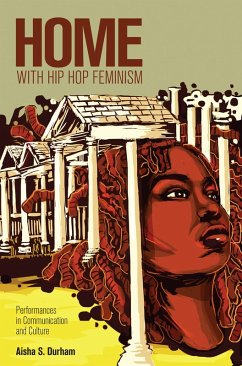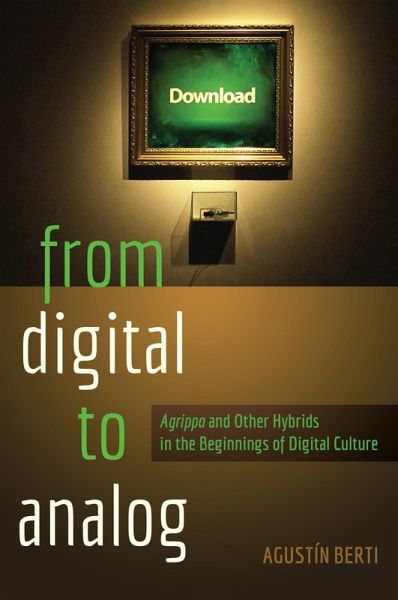
From Digital to Analog (eBook, ePUB)
«Agrippa» and Other Hybrids in the Beginnings of Digital Culture
Versandkostenfrei!
Sofort per Download lieferbar
Statt: 43,10 €**
35,95 €
inkl. MwSt.
**Preis der gedruckten Ausgabe (Broschiertes Buch)
Alle Infos zum eBook verschenkenWeitere Ausgaben:

PAYBACK Punkte
18 °P sammeln!
From Digital to Analog delves into the origins of digitization and its effects on contemporary culture. The book challenges the «common sense» assertion that digitization is just another step in the evolution of the culture of the editorial, film and recorded music industries and their enforcement of copyright laws. Digital technologies in contemporary culture have paradoxically undermined and, at the same time, strengthened such practices, provoking an unprecedented quarrel over the possession of, and access to, cultural products. Agustín Berti uses the release of Agrippa (A Book of the De...
From Digital to Analog delves into the origins of digitization and its effects on contemporary culture. The book challenges the «common sense» assertion that digitization is just another step in the evolution of the culture of the editorial, film and recorded music industries and their enforcement of copyright laws. Digital technologies in contemporary culture have paradoxically undermined and, at the same time, strengthened such practices, provoking an unprecedented quarrel over the possession of, and access to, cultural products. Agustín Berti uses the release of Agrippa (A Book of the Dead) in 1992 to study this paradox. The importance of Agrippa for digital culture studies is proven through the discussion of the frequently understated importance of the materiality of digital culture. The book develops a critique of digital technology and its alleged neutrality and transparency. Ultimately, it illustrates how Agrippa anticipated a number of contemporary phenomena such as piracy, leaks, remixes, memes, and more, forcing us to rethink the concept of digital content itself and thus the way in which culture is produced, received and preserved today. From Digital to Analog is ideal reading for a graduate student readership, especially Master candidates in the fields of Literature, Arts, Digital Humanities, Digital Culture and New Media Studies.
Dieser Download kann aus rechtlichen Gründen nur mit Rechnungsadresse in A, D ausgeliefert werden.




